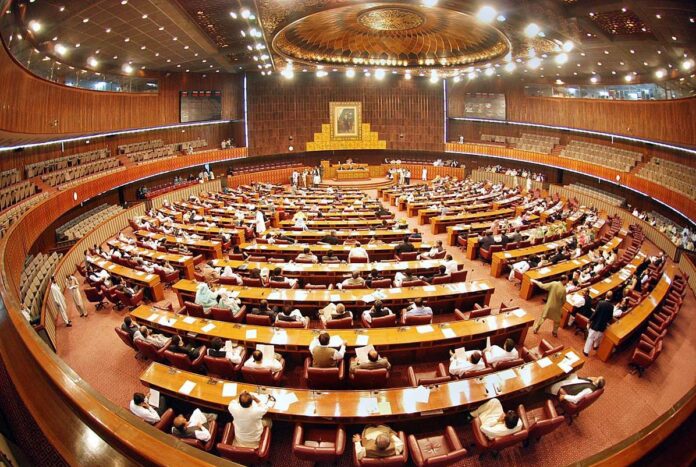ISLAMABAD: A parliamentary panel on Tuesday showed dissatisfaction over the government’s decision to establish border markets in Balochistan.
The meeting of the Senate Standing Committee on Finance, Revenue and Economic Affairs Division was held under the chair of Senator Farooq H Naik.
Briefing the committee about the new markets, Federal Board of Revenue (FBR) Chairman Javed Ghani stated that the government is not charging sales tax and federal excise duty on exports in Gwadar and that it is only taking one per cent income tax for the development and prosperity of the area.
Furthermore, he said, the government has provided tax-free facilities in Gwadar to improve exports.
The committee was informed that the government is establishing border markets in Balochistan to curb smuggling and provide job opportunities to the local people. Prime Minister Imran Khan had recently approved the establishment of two border markets in Balochistan and one in Khyber Pakhtunkhwa (KP). These markets are to be completed by February of next year.
The committee chairman replied that black marketing and smuggling would increase if border markets were established.
The committee has also discussed the question raised by Senator Kalsoom Parveen in the Senate session held on February 4, 2020, regarding complaints in Silk Bank. The official of the State Bank of Pakistan (SBP) had informed the committee that a total of 42 complaints have been received in the last five months.
They added that SBP forwards the complaints to the particular bank to have them resolved, and if the bank fails to respond to the issues properly, the complaints are forwarded to the banking ombudsman.
The committee members were dissatisfied with this reply and the chairman directed the SBP to submit a detailed report in this regard.




